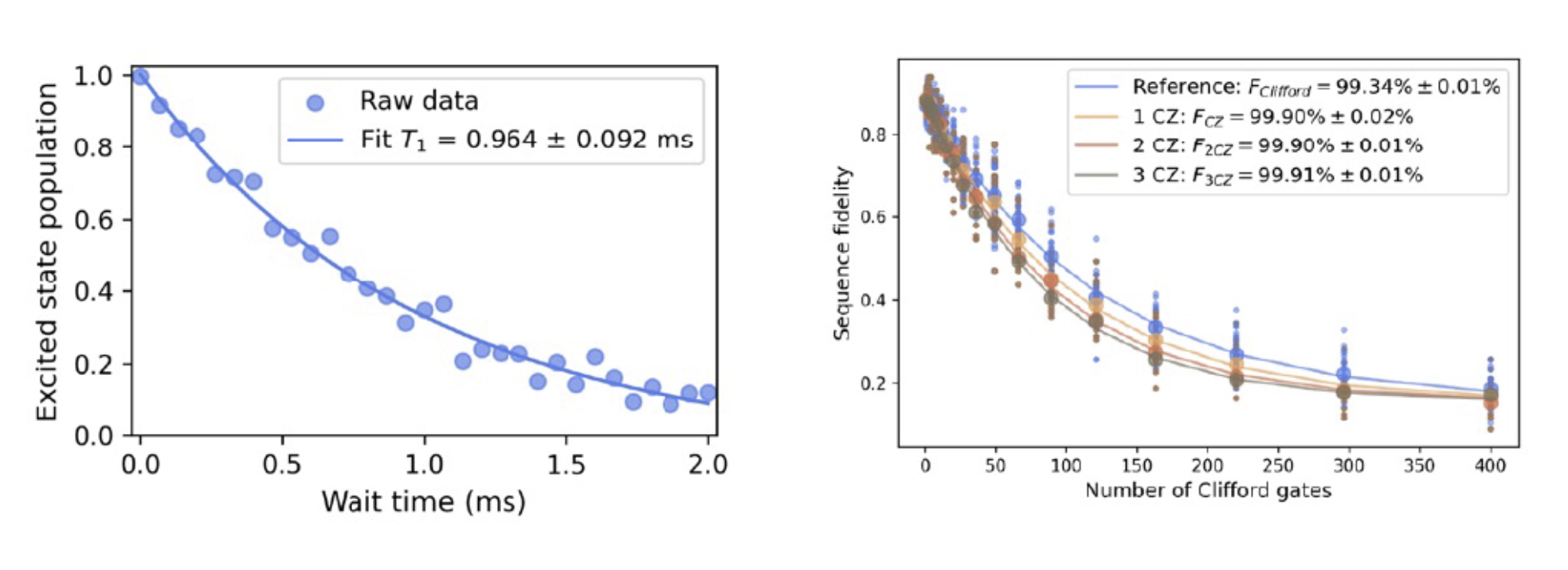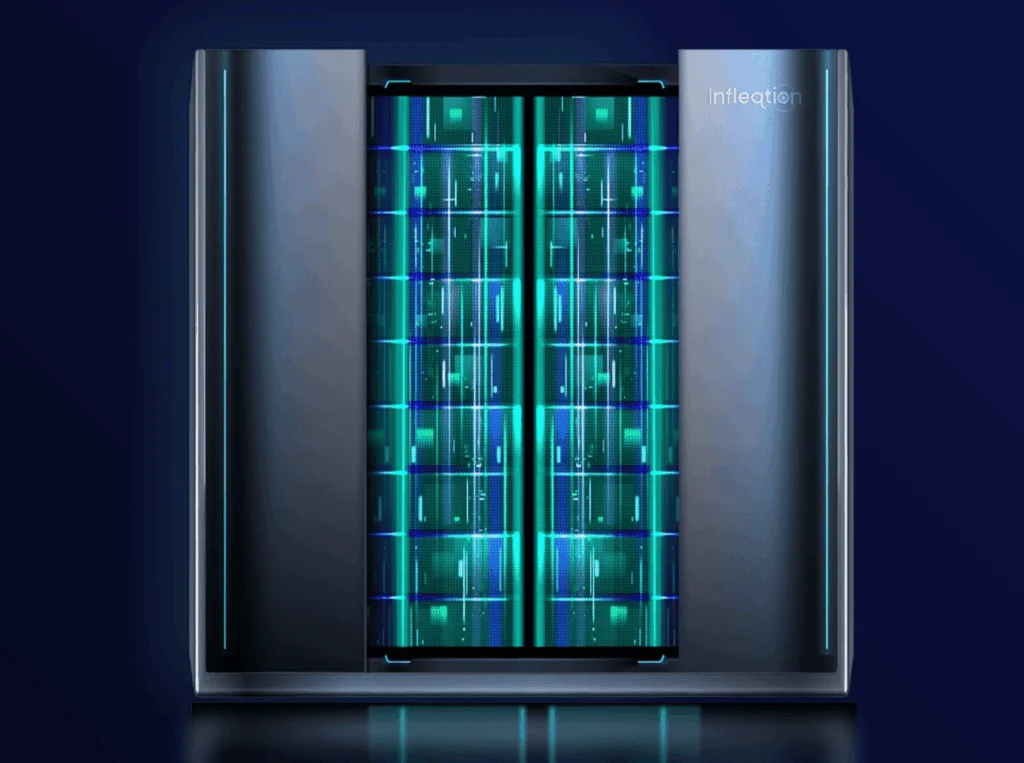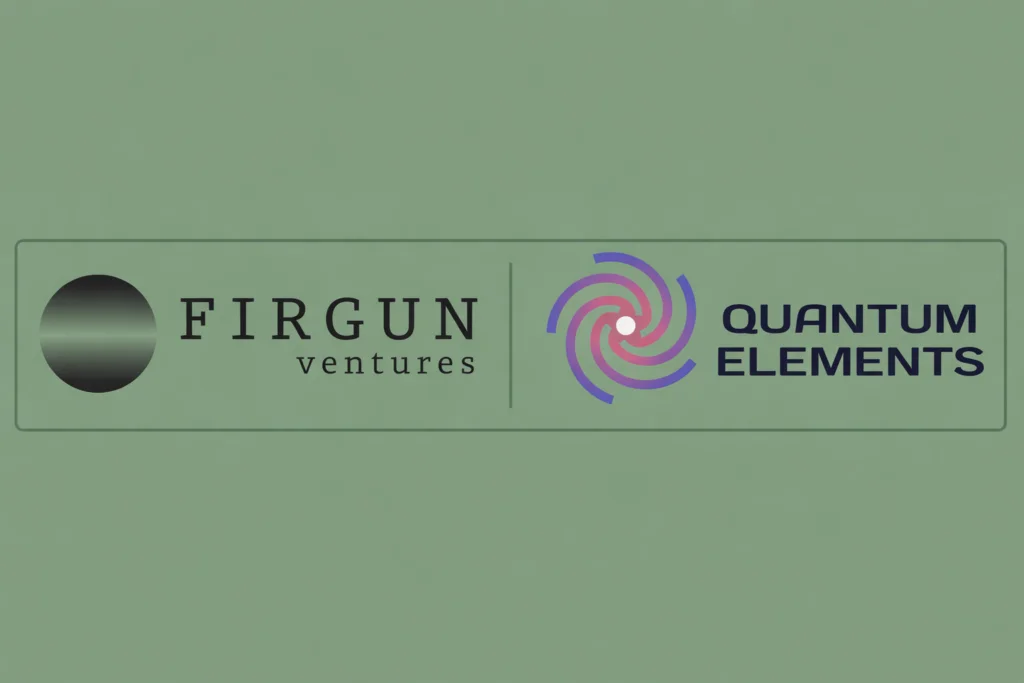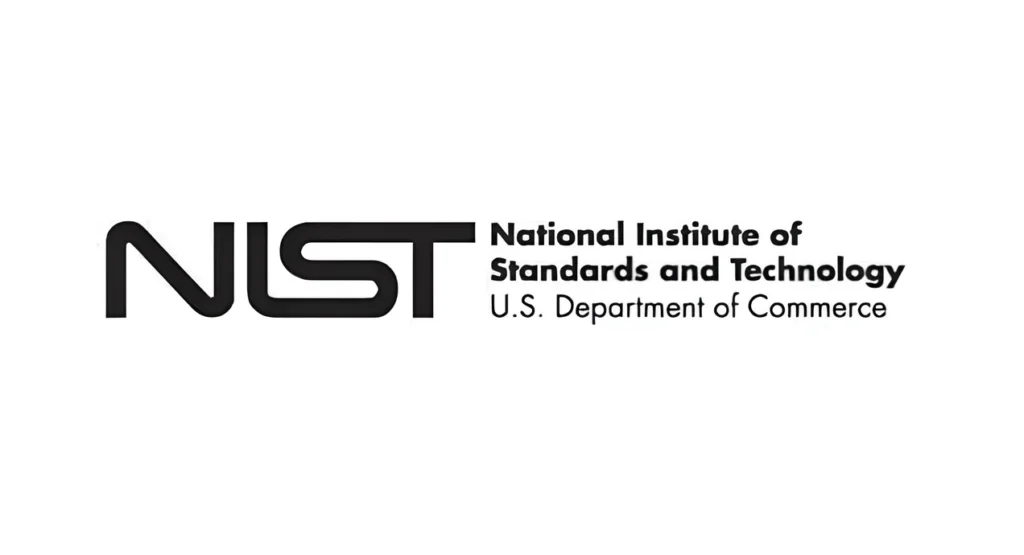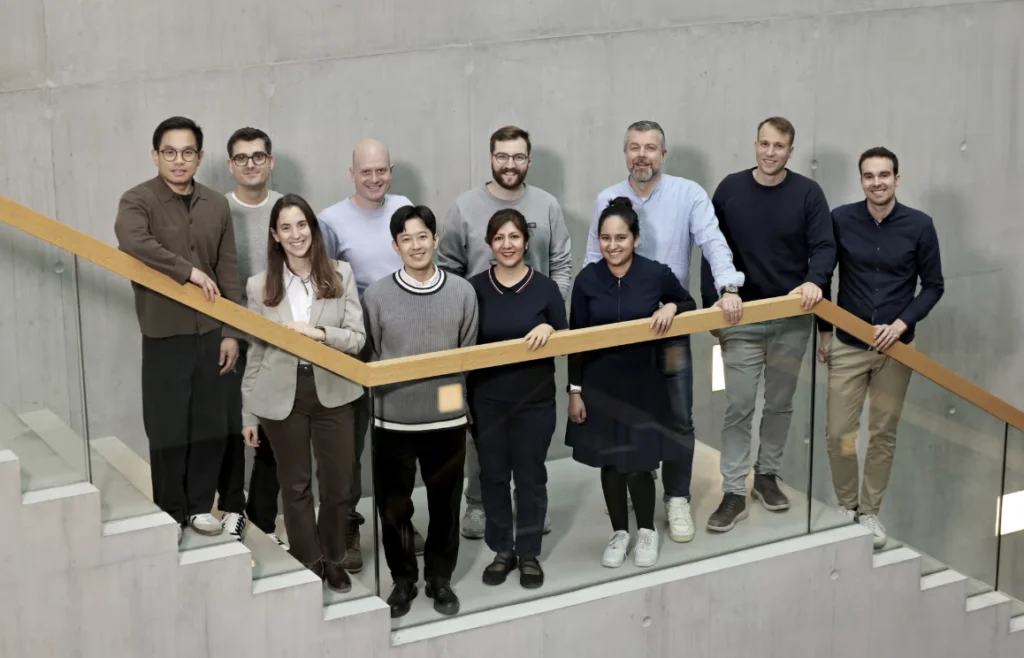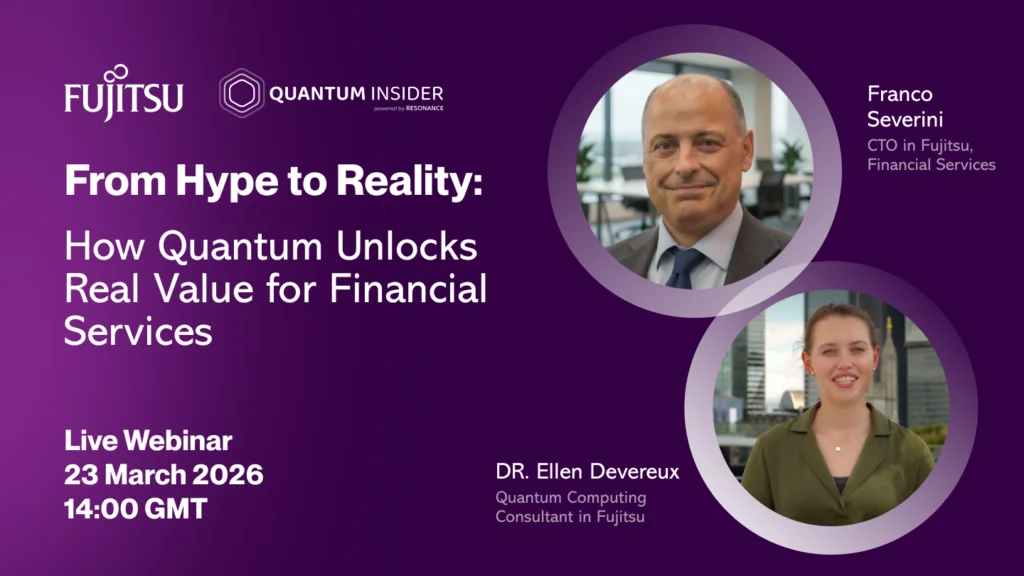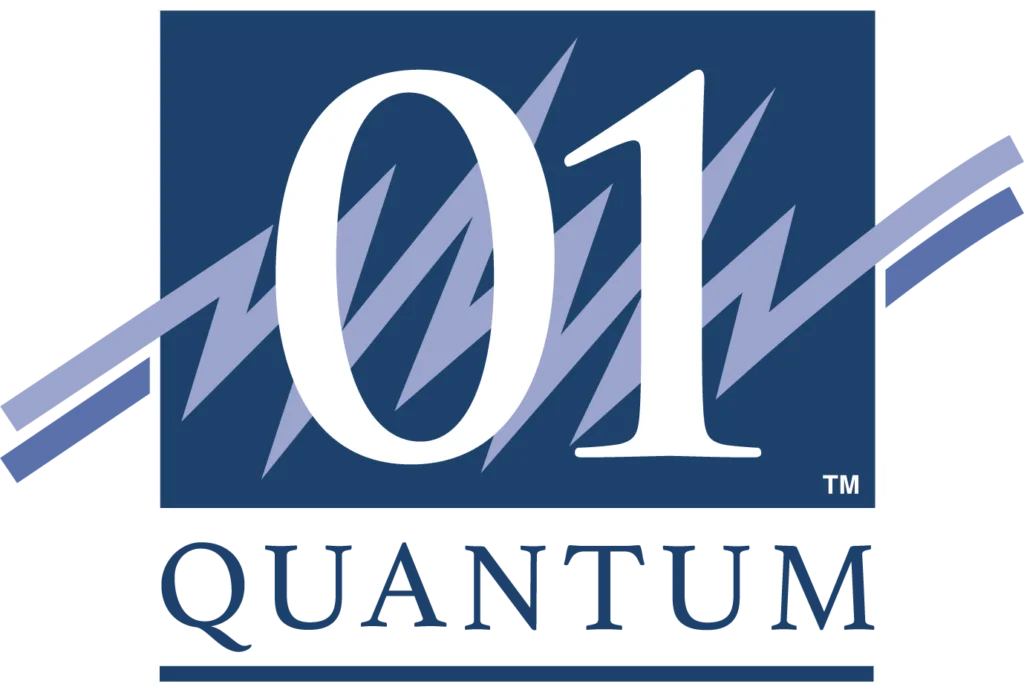Insider Brief
- Qubit relaxation time of T1= 0.964 +- 0.092 milliseconds and dephasing time T2 echo 1.155 +- 0.188 milliseconds.
- Two-qubit gates with a record fidelity reaching 99.9%
- IQM’s in-house chip fabrication has reached quality on par with world-leading institutions.
PRESS RELEASE — IQM Quantum Computers, a global leader in building quantum computers, has reached significant milestones in superconducting quantum computing, demonstrating improvements in two key metrics characterising the quality of quantum computer.
A record low error rate for two-qubit operations was achieved by demonstrating a CZ gate between two qubits with (99.91 +- 0.02) % fidelity, which was validated by interleaved randomised benchmarking. Achieving high two-qubit gate fidelity is the most fundamental and hardest to achieve characteristic of a quantum processor, essential for generating entangled states between qubits and executing quantum algorithms.
Furthermore, qubit relaxation time T1 of 0.964 +- 0.092 milliseconds and dephasing time T2 echo of 1.155 +- 0.188 milliseconds was demonstrated on a planar transmon qubit on a silicon chip fabricated in IQM´s own fabrication facilities. The coherence times, characterised by the relaxation time T1 and the dephasing time T2 echo, are among the key metrics for assessing the performance of a single qubit, as they indicate how long quantum information can be stored in a physical qubit.

These major results show that IQM’s fabrication technology has matured and is ready to support the next generation of IQM’s high-performance quantum processors. The results follow IQM´s recent benchmark announcements and indicate significant potential for further advancements on gate fidelities essential for fault-tolerant quantum computing and processors with higher qubit counts.
The improvements in the two characteristics, two-qubit gate fidelity and coherence time, allow the quantum computer to be developed for more complex use cases. The significance of these results stems from the fact that only very few organisations have achieved comparable performance numbers before.
The results were achieved through innovations in materials and fabrication technology and required top-notch performance across all components of the quantum computer, including QPU design, control optimisation, and system engineering.
This achievement cements our tech leadership in the industry. Our quantum processor quality is world-class, and these results show that we have a good opportunity of going beyond that,” said Dr. Juha Hassel, the Vice President of Engineering at IQM Quantum Computers.
Hassel explained that the company is on track with its technology roadmap and is actively exploring potential use cases in machine learning, cybersecurity, route optimisation, quantum sensor simulation, chemistry, and pharmaceutical research.
This announcement comes on the heels of the launch of Germany’s first hybrid quantum computer at the Leibniz Supercomputing Centre in Munich, for which IQM led the integration with its 20-qubit quantum processing unit, and the opening of the IQM quantum data centre in Munich.

